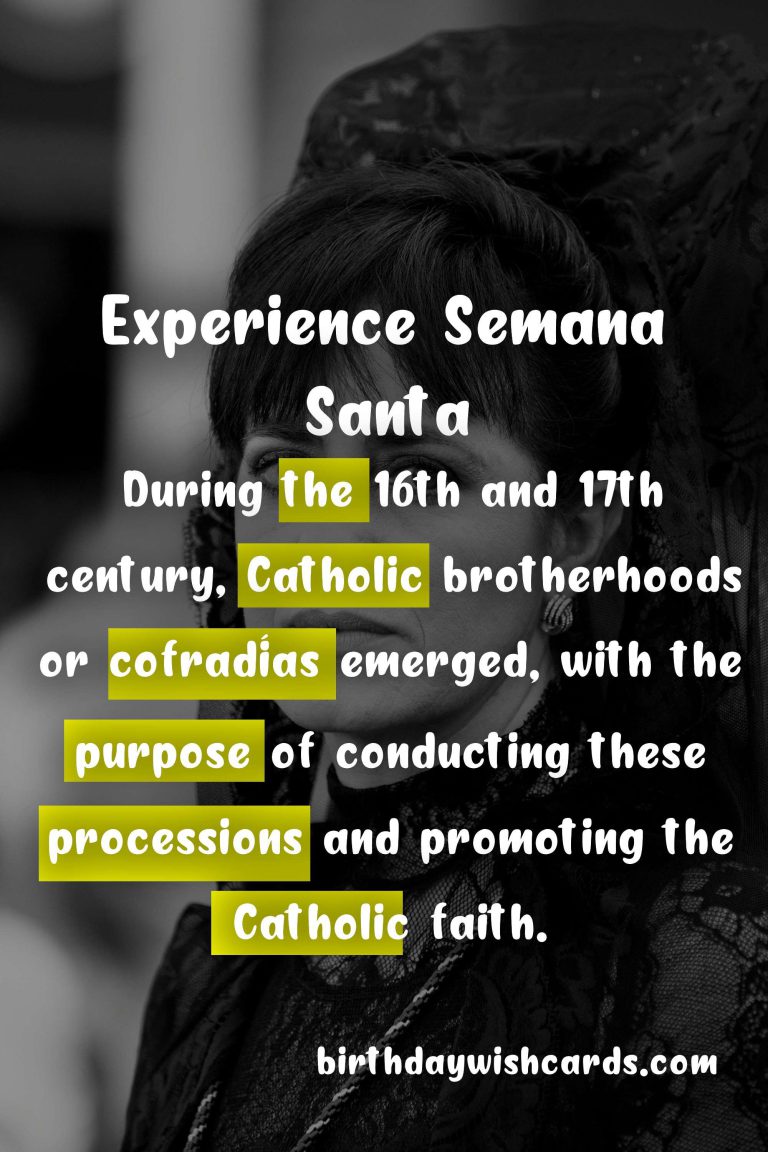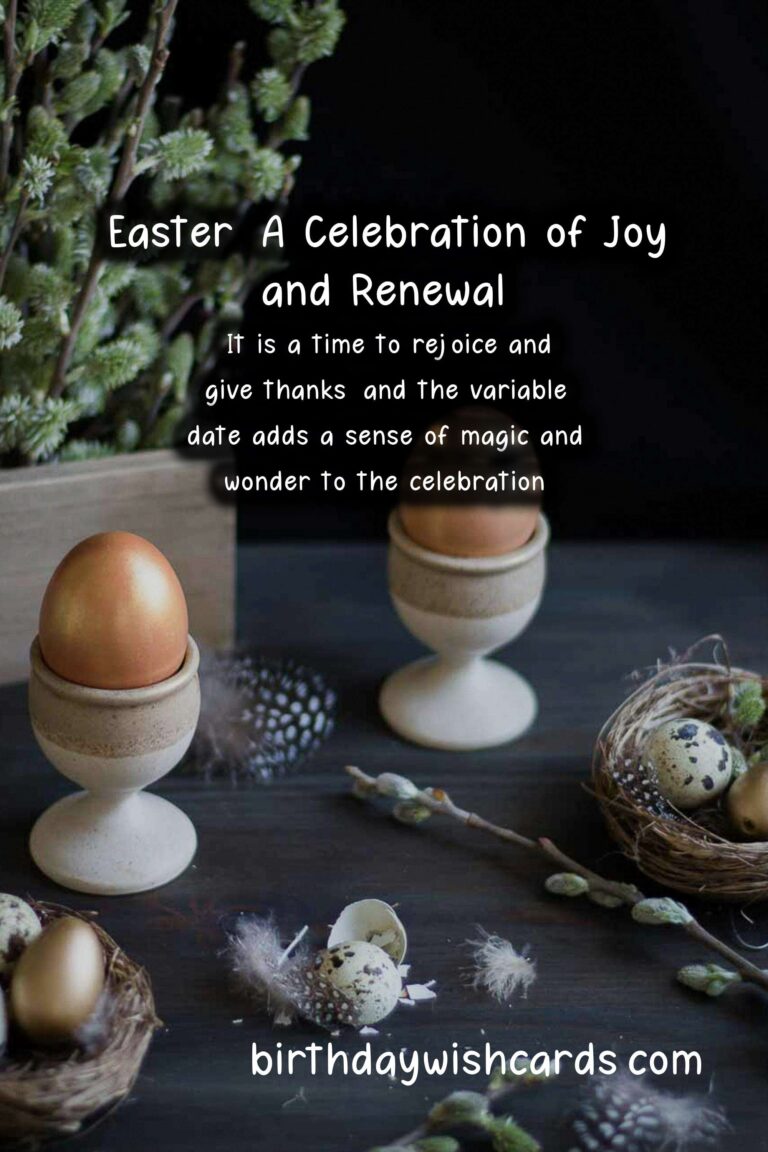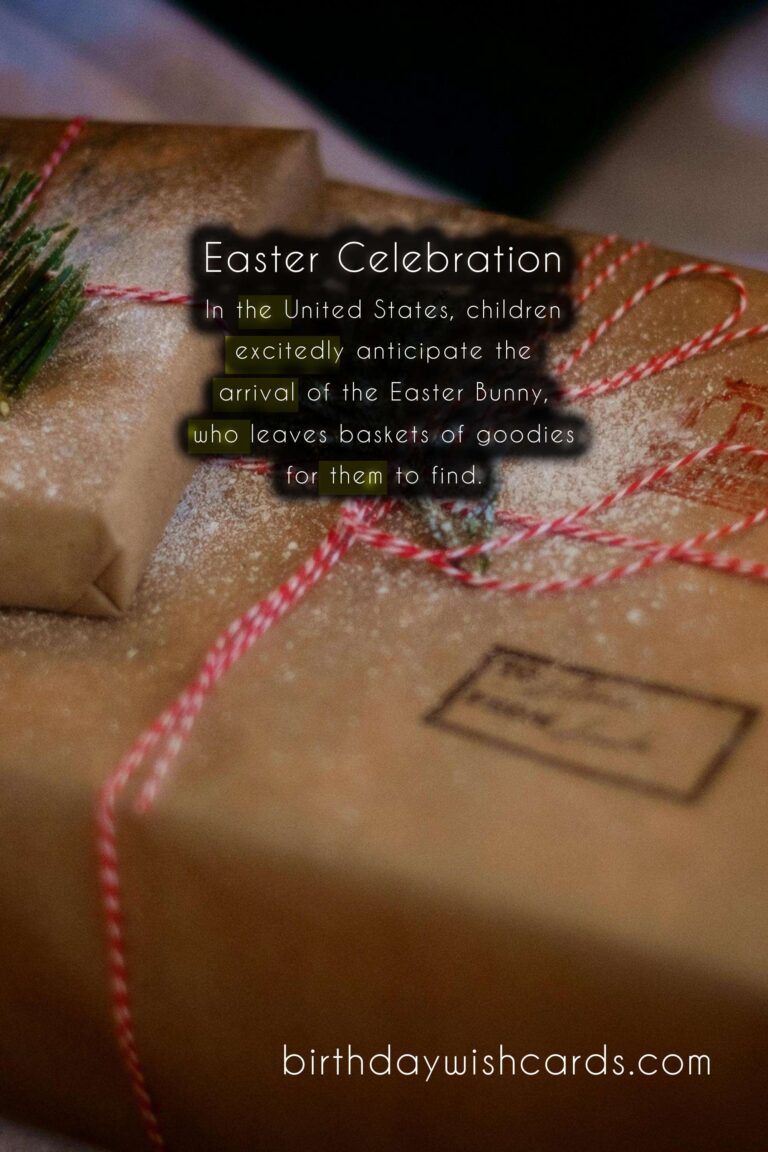Easter Monday – Dates Vary: The History and Significance Behind this Public Holiday
Easter Monday is a Christian holiday that is celebrated on the Monday after Easter Sunday. While Easter Sunday marks the resurrection of Jesus Christ, Easter Monday has its own significance and traditions. The date of Easter Monday is not fixed and varies from year to year. It is observed as a public holiday in many countries around the world, including the United States, Canada, and many European countries.
Easter Monday is also known as Bright Monday, Renewal Monday, and White Monday.
The exact date of Easter Monday depends on the date of Easter Sunday, as Easter Monday is celebrated on the Monday after Easter Sunday.
The date of Easter Sunday is determined differently by the Eastern Orthodox Church and the Western Christian Church.
In the Eastern Orthodox Church, Easter Sunday falls on the first Sunday after the full moon, after the vernal equinox.
On the other hand, the Western Christian Church follows the Gregorian calendar and Easter Sunday falls between March 22 to April 25.
Due to this difference in calculation, the date of Easter Monday can vary by up to 5 weeks.
The earliest date for Easter Monday is March 23 and the latest date is April 26.
Easter Monday is not only celebrated by Christians, but it is also a public holiday in many countries that have a significant Christian population.
In some countries, it is observed as a non-religious holiday, while in others it is a combination of Christian and traditional customs.
In countries like the United Kingdom and Australia, Easter Monday is associated with sporting events and outdoor activities.
In Germany, it is called Ostermontag and is celebrated with Easter markets and egg hunts.
Easter Monday is also a time for family gatherings and special meals.
One of the most significant traditions of Easter Monday is the Easter egg rolling. This tradition is believed to have originated in the United Kingdom and is now popular in many countries.
The origin of the Easter egg rolling is not clear, but it is thought to represent the rolling away of the stone from Jesus’ tomb.
In some countries, eggs are also cracked against each other to symbolize the breaking of the tomb.
Another popular tradition on Easter Monday is the Easter bonnet parade in the United Kingdom.
People wear their best clothes and put on extravagant hats to parade around the town.
Easter Monday is also associated with the Easter bunny, which is a symbol of fertility and new life.
In the United States, the Easter bunny is believed to bring candies and gifts for children.
Easter Monday is a time to reflect on the resurrection of Jesus Christ and celebrate new beginnings.
It is also a time to gather with loved ones and partake in traditions that have been passed down for generations.
As Easter Monday dates vary, it brings an element of surprise and adds to the excitement of the holiday.
Whether you celebrate it with religious or traditional customs, Easter Monday is a holiday that brings communities together and celebrates the joy of new beginnings.

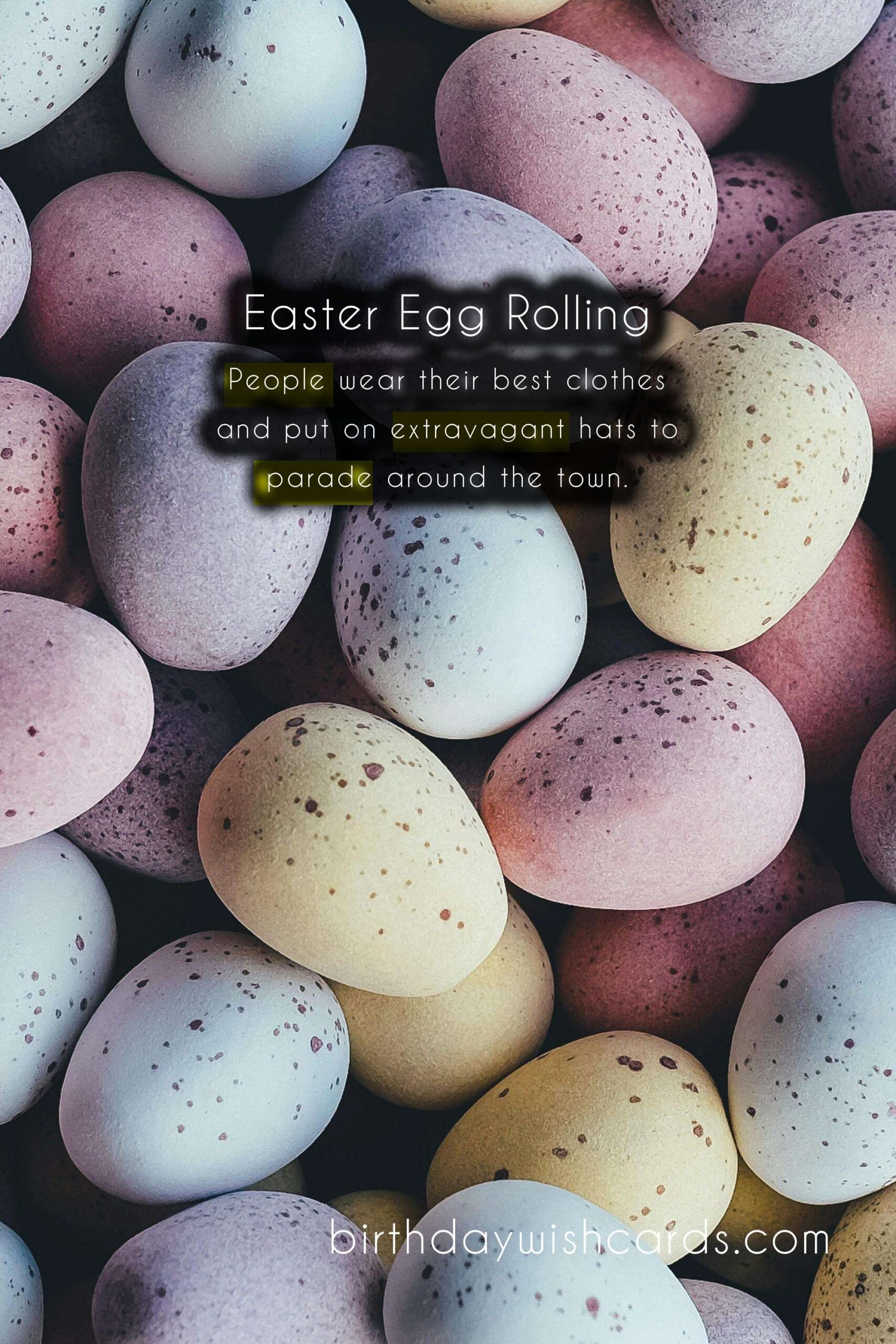
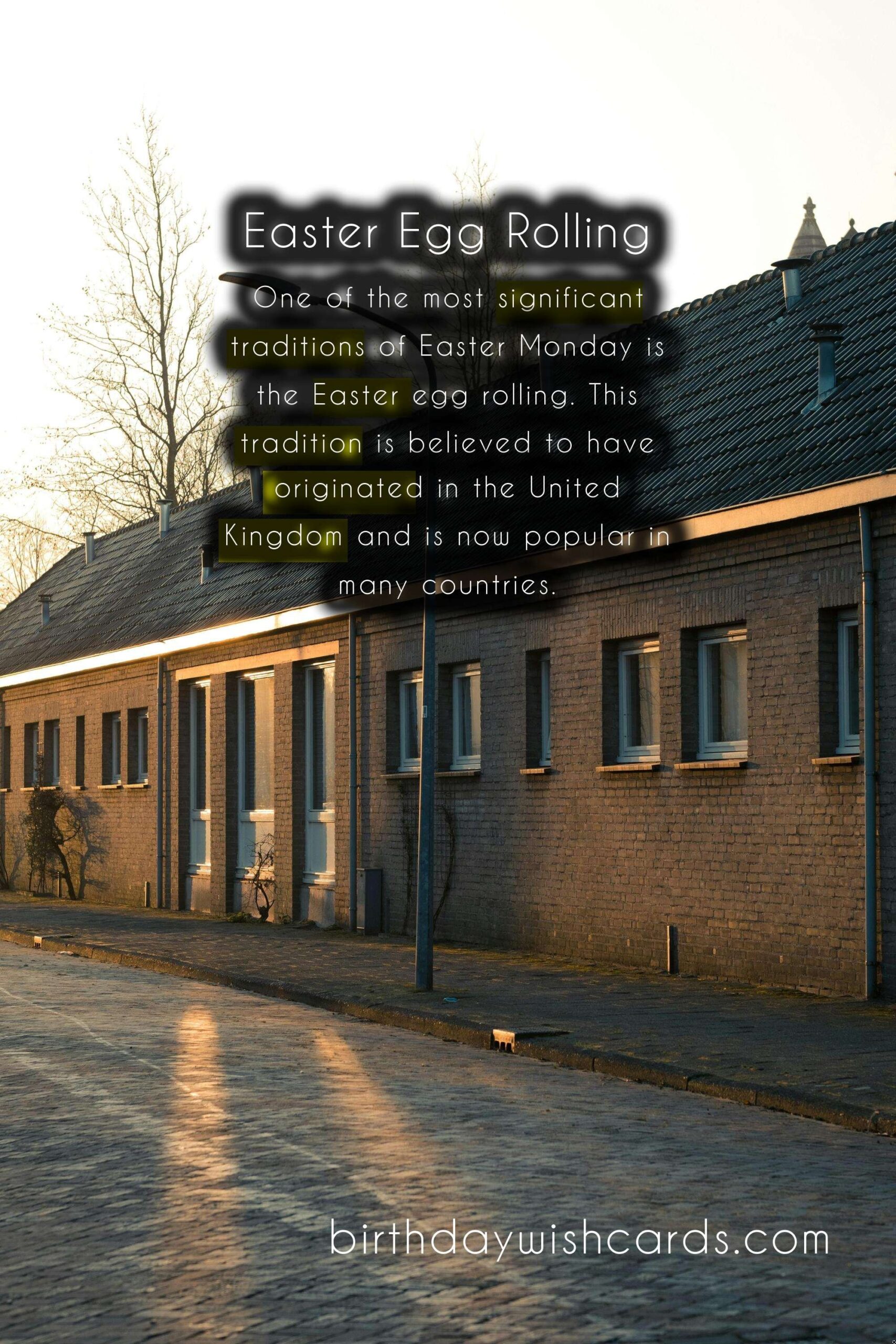
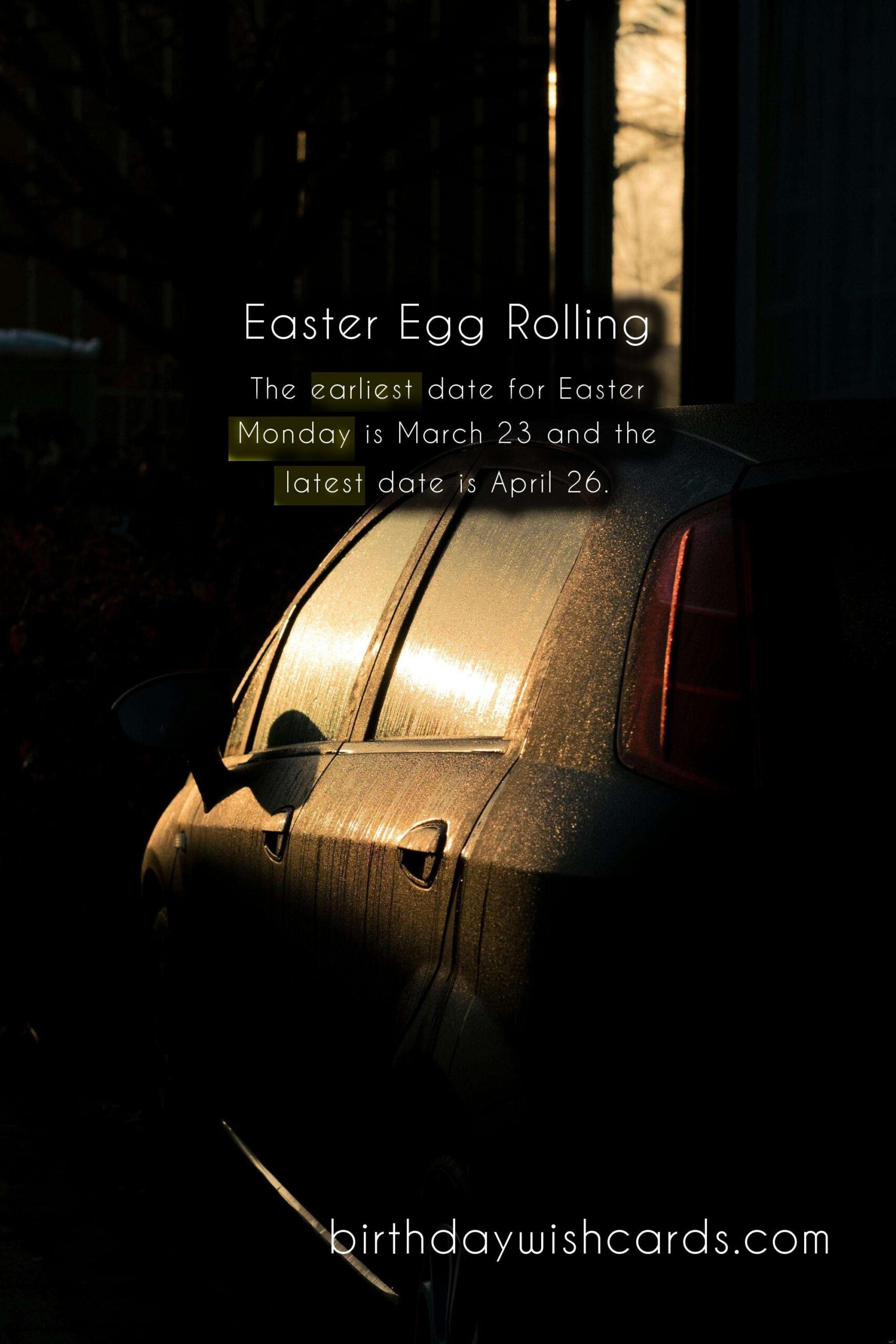


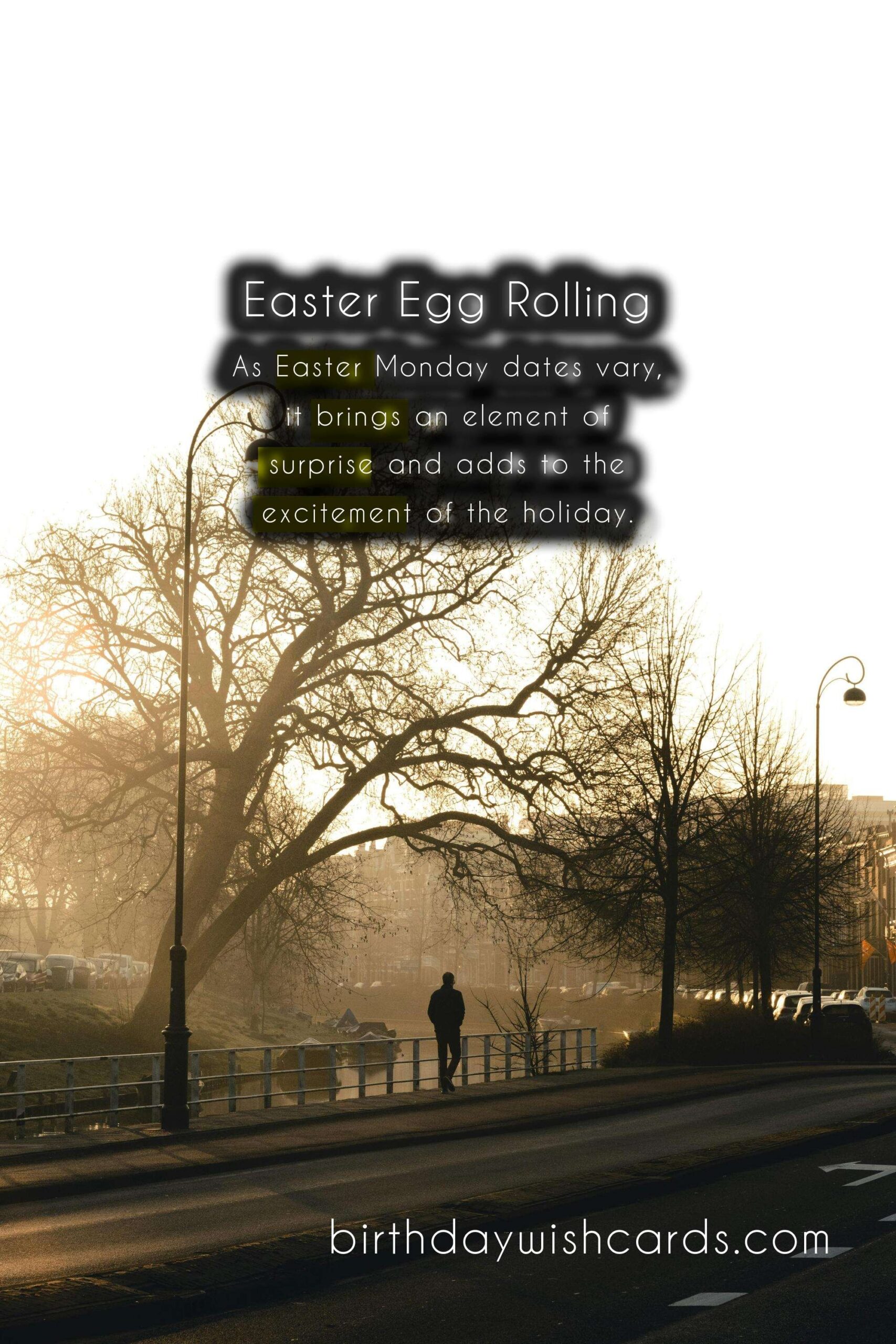


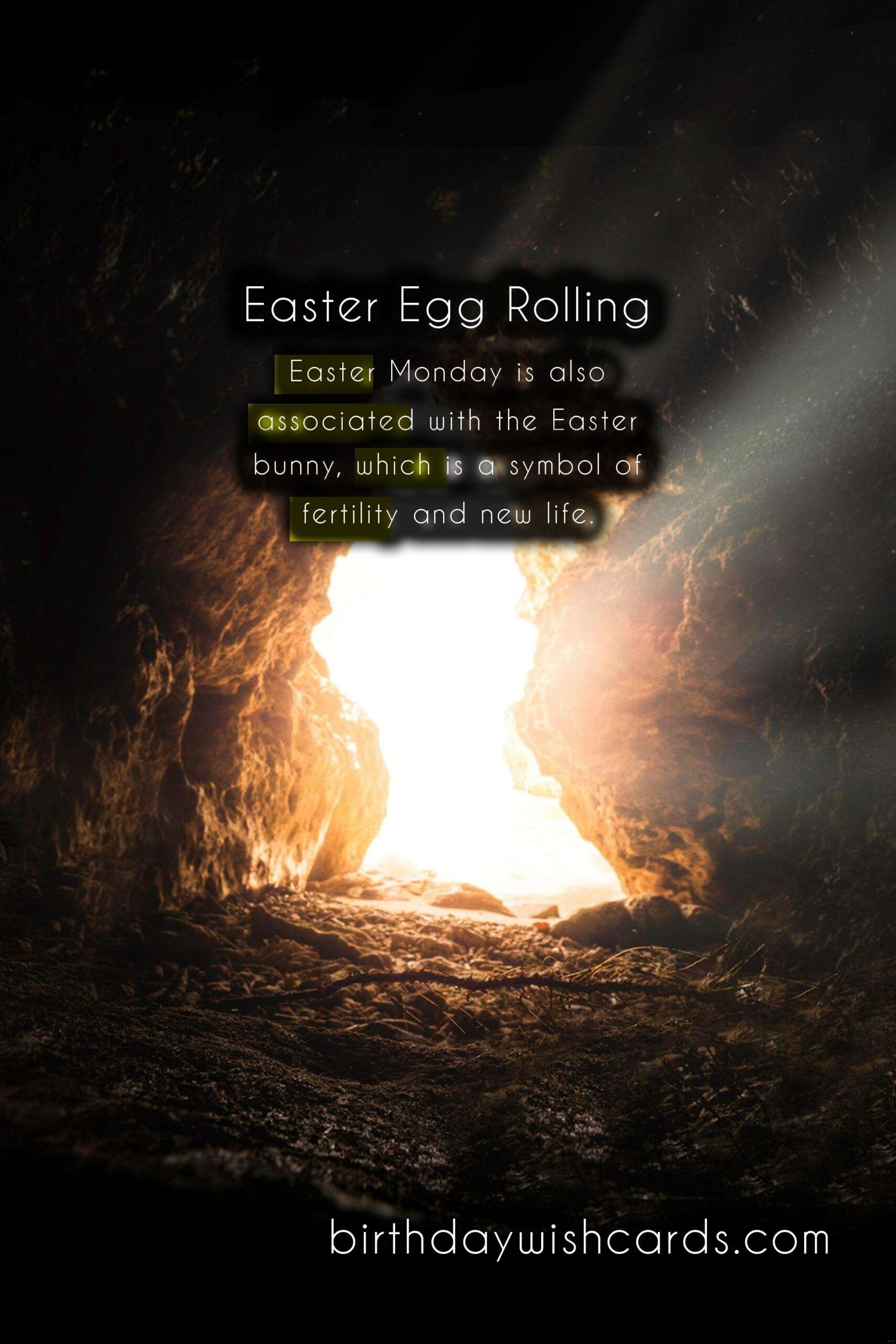
#EasterMonday #EasterTraditions #Resurrection


